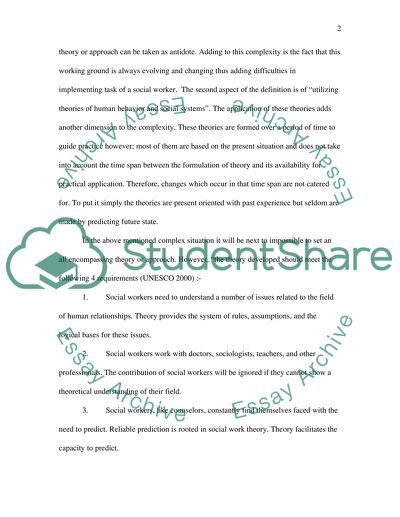Cite this document
(“Social work simple terminology: complex realities Essay”, n.d.)
Social work simple terminology: complex realities Essay. Retrieved from https://studentshare.org/sociology/1526901-social-workers-draw-on-a-range-of-theories-from-a-number-of-disciplines-what-are-the-benefits-and-pitfalls-to-practice-of-such-an-eclectic-approach
Social work simple terminology: complex realities Essay. Retrieved from https://studentshare.org/sociology/1526901-social-workers-draw-on-a-range-of-theories-from-a-number-of-disciplines-what-are-the-benefits-and-pitfalls-to-practice-of-such-an-eclectic-approach
(Social Work Simple Terminology: Complex Realities Essay)
Social Work Simple Terminology: Complex Realities Essay. https://studentshare.org/sociology/1526901-social-workers-draw-on-a-range-of-theories-from-a-number-of-disciplines-what-are-the-benefits-and-pitfalls-to-practice-of-such-an-eclectic-approach.
Social Work Simple Terminology: Complex Realities Essay. https://studentshare.org/sociology/1526901-social-workers-draw-on-a-range-of-theories-from-a-number-of-disciplines-what-are-the-benefits-and-pitfalls-to-practice-of-such-an-eclectic-approach.
“Social Work Simple Terminology: Complex Realities Essay”, n.d. https://studentshare.org/sociology/1526901-social-workers-draw-on-a-range-of-theories-from-a-number-of-disciplines-what-are-the-benefits-and-pitfalls-to-practice-of-such-an-eclectic-approach.


